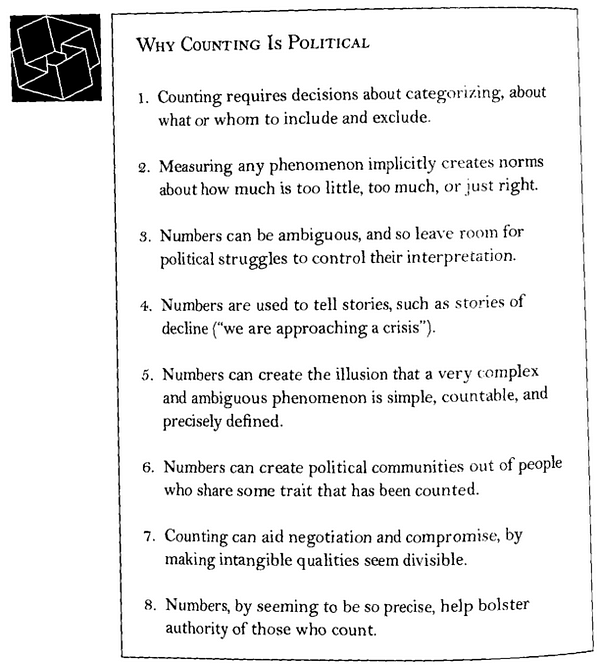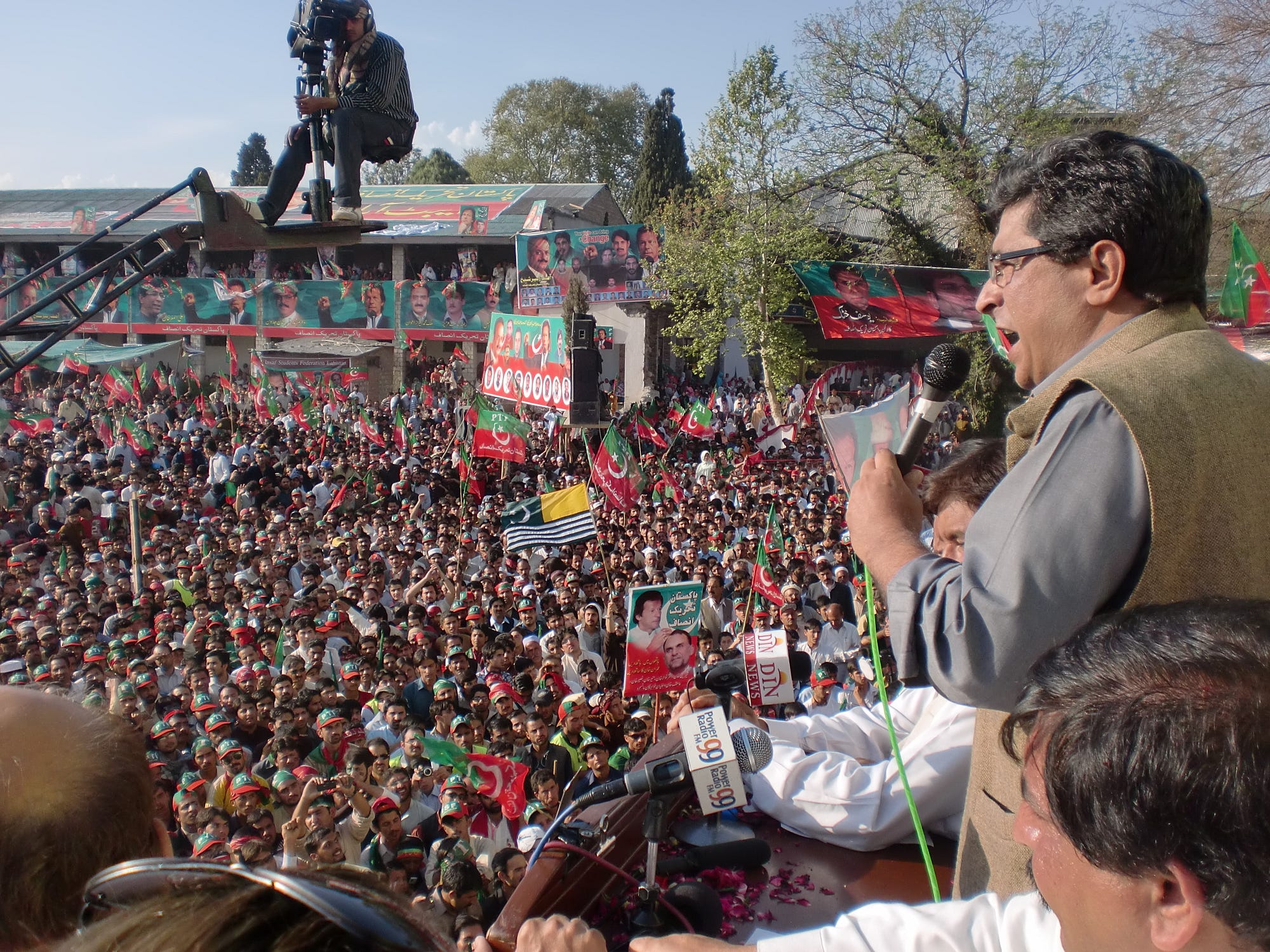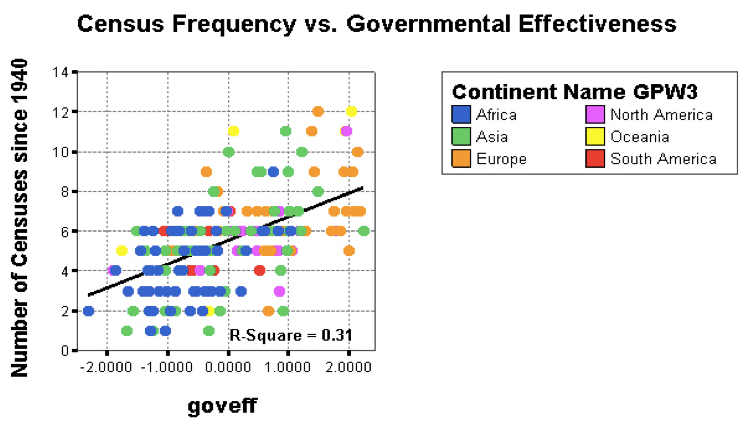Pranay Kotasthane
Census—a descriptive count of residents (not citizens) — is again in the news in Pakistan. The sixth national decennial census is now planned to begin on March 15 2017, after a gap of 19 years. The last census—held in 1998—was also delayed by six years.
This piece by Sarah Farooqui explains why Pakistan has found it difficult to hold a census exercise at regular time intervals. These specific insights from Pakistan however can also be extrapolated to two general observations in the realm of political theory.
One, census taking as a measure of state capacity
Many political theorists have been obsessed with one question — which parameters are leading indicators for the capacity of a state? Common answers are: ability to raise taxes as an indicator of the economic power of a state; and a state’s ability to remain entrenched from the citizens as an indicator of the political power of the state.
My submission is that census taking is as fundamental an indicator of state capacity as raising taxes is, and can be used to measure effectiveness of states. The reason I say that is a count of the populace is an inherently political exercise. It categorises people—giving more importance to some criteria while ignoring others—with the aim that states will be able to improve effectiveness of their policies once the relative sizes of important categories are known. Now, the contention is that a state that is unable to convince its citizens about a process as fundamental as counting and categorising people, can be considered as a weak state.
This line of enquiry appears to be an under-researched work area. I could just find one study by researchers at Columbia University which explores this hypothesis, confirming that temporal consistency of census taking is a strong predictor of state capacity.
Two, census taking as a measure of societal fractures
Deborah Stone in her book Policy Paradox writes that every number is a political claim — a judgment about categorisation and an assertion about similarities and differences. Hence, the inability to conduct a census is also symptomatic of a lack of consensus in a society on the relative significance of different categories used to classify the population.
Stone goes on to list eight reasons why a counting exercise such as census taking is explicitly political. The narratives surrounding census in Pakistan are perfect illustrations for many of these reasons.
 From Chapter 8, Policy Paradox by Deborah Stone
From Chapter 8, Policy Paradox by Deborah Stone
For example, Baloch nationalist parties want the census to be postponed until refugees from Afghanistan are repatriated and Balochis in exile are brought back. This illustrates the first reason why counting is political— it is a conscious decision about who should be included and who shouldn’t be.
Second, the entrenched Punjabi elite’s opposition to the census is that a population count might lead other states to question its primus inter pares status. Being the centre of Pakistan’s economic growth story, Punjab’s population growth has slowed down faster than the other provinces. Once this hypothesis is confirmed in census numbers, it is bound to raise questions about the disproportional political influence (in terms of the share of seats in the National Assembly) and economic influence (in terms of the share of monies in the Federal Divisible Pool). This illustrates Stone’s second and third reasons.
Census data will also reflect the decline in women’s marriage rates, an upward shift in the age at which women marry, an increase in literacy rates, an increase in higher educational attainment and an increase in divorce rates between the census periods of 1981 and 1998 at the national level, as Mansoor Raza’s excellent article in Dawn contends. The fundamentalists will use divorce rates data to narrate a story of decline [reason 4], and ascribe a complex phenomenon like demographic change to a simplistic reason of deviation from the tenets of their version of Islam [reason 5].
Numbers can create political communities out of people who share some trait that has been counted [reason 6]. This is precisely the Sindh government wants Urdu-speaking and other migrant communities to describe themselves as “Sindhi” in the census so that this single Sindhi bloc is better placed in federal bargaining discussions.

Reason 7 is that counting can aid negotiation and compromise. This plays out in the census story as follows: Karachi is no longer a predominantly Mohajir city; steady migration from Khyber Pakhtunkhwa that has caused this demographic change. Thus, census results will force Karachi’s traditional “Mohajir’ leadership to accommodate concerns of the Pahtuns and Sindhis in Karachi.
Finally, reason 8 is why the Pakistani government wants to complete this nationwide exercise — it will provide much needed credibility to the civilian government.
Thus, census taking is an interesting leading indicator for the strength of a state and of a society. It is a also a measure that is relevant for a modern welfare state. I wonder if Taliban or Daesh were to form states, would they ever bother investing their energies in this counting exercise?

No comments:
Post a Comment